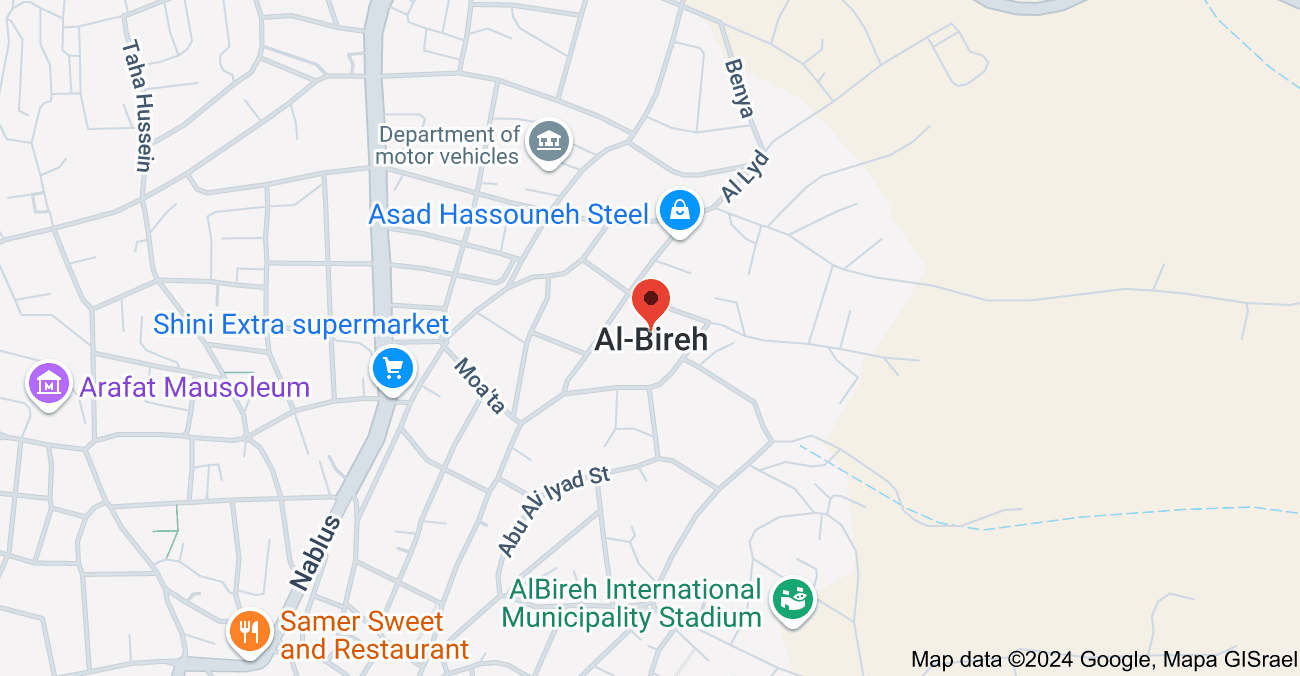
Washington/Jerusalem: The United States of America is mulling sanctions on Israel after extremist Israeli settlers reportedly set fire to 20 cars owned by Palestinians in Al-Bireh city in the West Bank on November 4, 2024. When the owners of the vehicles came outside to put out the fires, they reported that settlers opened fire on them.
The US claimed it was deeply concerned by these and other recent reports of increasing extremist settler violence in the West Bank, including in Jurat Al Khiel, near Hebron, where Palestinians were attacked by scores of extremist settlers who damaged property, assaulted civilians, and released dogs to attack residents, and in the Palestinian village of Jalud, south of Nablus, where dozens of extremist settlers reportedly killed livestock, attacked homes, and set fire to vehicles.
“No sanctions that I can announce today, but it is incidents like this in the past that have led us to impose sanctions; and we certainly will be looking at this one, as we have looked at others, to see first of all if the Government of Israel takes steps to impose accountability, and if they don’t, what we might do on our end to take action,” the US State Department Spokesperson Matthew Miller said in Washington today (IST).
Interestingly, last Wednesday, October 30, 2024, the US outrightly rejected the contention that Palestinians have a right to defend themselves against Israeli settlers on the grounds that it was a matter of law enforcement.
Today, the United States said it maintains several measures to promote accountability and combat increasing extremist settler violence. Since February of this year, the United States has imposed sanctions on 14 individuals and 13 entities for undermining peace, security, and stability in the West Bank. US President Joe Biden and Secretary of State Antony J. Blinken have emphasized continuing to use all tools at their disposal to promote accountability for violence in the West Bank and around the region.
The US says it is also concerned about the increase in reported attacks by extremist settlers that are preventing Palestinians from harvesting their olive crops in the West Bank. These violent actions cause intense human suffering for Palestinians, they threaten Israel’s security, make the realization of a two-state solution more difficult, and undermine the prospects for peace and stability throughout the region.
“It is critical that the Government of Israel deter extremist settler violence and take measures to protect all communities from harm, in accordance with its international obligations. This includes intervening, preventing, and stopping such violence,” Miller said.
It may be mentioned that at least two crucial members of the Israeli government, Finance Minister Bezalel Smotrich and Minister of National Security of Israel Itamar Ben-Gvir, encouraged expanding settlement and practically arming the settlers in the West Bank.
In the West Bank, while in certain areas – (Area A), the Palestinian Authority has principal responsibility for law enforcement operations, in other areas – (Area C), it is the Government of Israel.
“Now, when it comes to settlements in Area C, we want to see the Government of Israel do more to prevent settler violence, to crack down on settler violence, and to hold settlers accountable for that violence. And we have also made clear that if we do not see sufficient action from the Government of Israel, we will impose our own actions, as we have on more than two dozen occasions already this year,” Miller said.
The US has made its concerns clear to the Israeli Government from its embassy. However, there are more concerns after Israel terminated its agreement with the United Nations Relief and Works Agency for Palestine Refugees in the Near East (UNRWA) today following the legislation passed by the Knesset, which the US opposed early last week.
“We were quite clear that we oppose that legislation and we have serious concerns about the implications of it being fully implemented, as well as our concerns about the underlying humanitarian situation in Gaza even before Israel passed this legislation that relates to the inability of a sufficient number of trucks to get into Gaza, and the inability of humanitarian workers, for a variety of reasons, to be able to deliver that aid to places inside Gaza to the people that need it,” Miller said.
Following the passage of legislation, right now there is no other way to distribute aid in a sufficient form in Gaza because UNRWA plays a critical role not just in Gaza, but also in the West Bank. They further play a critical role in Lebanon and in other places throughout the region which the US said it would not see end either.
“We do not want to see the law implemented. Now, that said, I don’t know whether that’s possible under Israeli law…But certainly, we are opposed to the passage of the law in the first place,” Miller said.
Yet, UNRWA is not the only UN agency under Israel’s radar. Recently Israel even disallowed the representative of the United Nations Office for the Coordination of Humanitarian Affairs (OCHA) from visiting the West Bank and other places accusing OCHA also of meddling in their affairs.
Blinken, who spoke to Israeli Defense Minister Yoav Gallant on November 4, discussed the dire humanitarian conditions in Gaza. He reviewed actions Israel has taken to date and urged Galant further actions to substantially increase and sustain humanitarian aid – including food, medicine, and other essential supplies – to civilians across all of Gaza. The Secretary and Defense Minister discussed ongoing efforts to reach a diplomatic resolution in Lebanon that allows both Lebanese and Israeli civilians to return safely to their homes.
– global bihari bureau





